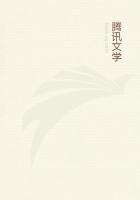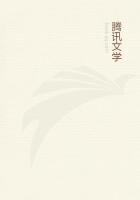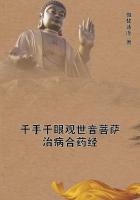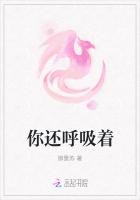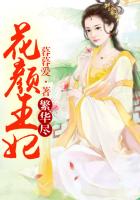Our coal, thousands of people were saying, is the real basis of our national greatness; if our coal runs short, there is an end of the greatness of England. But what is greatness?--culture makes us ask. Greatness is a spiritual condition worthy to excite love, interest, and admiration;and the outward proof of possessing greatness is that we excite love, interest, and admiration. If England were swallowed up by the sea to-morrow, which of the two, a hundred years hence, would most excite the love, interest, and admiration of mankind,--would most, therefore, show the evidences of having possessed greatness,--the England of the last twenty years, or the England of Elizabeth, of a time of splendid spiritual effort, but when our coal, and our industrial operations depending on coal, were very little developed? Well, then, what an unsound habit of mind it must be which makes us talk of things like coal or iron as constituting the greatness of England, and how salutary a friend is culture, bent on seeing things as they are, and thus dissipating delusions of this kind and fixing standards of perfection that are real!
13 Wealth, again, that end to which our prodigious works for material advantage are directed,--the commonest of commonplaces tells us how men are always apt to regard wealth as a precious end in itself;and certainly they have never been so apt thus to regard it as they are in England at the present time. Never did people believe anything more firmly, than nine Englishmen out of ten at the present day believe that our greatness and welfare are proved by our being so very rich. Now, the use of culture is that it helps us, by means of its spiritual standard of perfection, to regard wealth as but machinery, and not only to say as a matter of words that we regard wealth as but machinery, but really to perceive and feel that it is so. If it were not for this purging effect wrought upon our minds by culture, the whole world, the future as well as the present, would inevitably belong to the Philistines. The people who believe most that our greatness and welfare are proved by our being very rich, and who most give their lives and thoughts to becoming rich, are just the very people whom we call Philistines. Culture says: 'Consider these people, then, their way of life, their habits, their manners, the very tones of their voice; look at them attentively; observe the literature they read, the things which give them pleasure, the words which come forth out of their mouths, the thoughts which make the furniture of their minds;would any amount of wealth be worth having with the condition that one was to become just like these people by having it?' And thus culture begets a dissatisfaction which is of the highest possible value in stemming the common tide of men's thoughts in a wealthy and industrial community, and which saves the future, as one may hope, from being vulgarized, even if it cannot save the present.
14 Population, again, and bodily health and vigour, are things which are nowhere treated in such an unintelligent, misleading, exaggerated way as in England. Both are really machinery; yet how many people all around us do we see rest in them and fail to look beyond them!
Why, one has heard people, fresh from reading certain articles of the Times on the Registrar-General's returns of marriages and births in this country, who would talk of our large English families in quite a solemn strain, as if they had something in itself beautiful, elevating, and meritorious in them; as if the British Philistine would have only to present himself before the Great Judge with his twelve children, in order to be received among the sheep as a matter of right!
15 But bodily health and vigour, it may be said, are not to be classed with wealth and population as mere machinery; they have a more real and essential value. True; but only as they are more intimately connected with a perfect spiritual condition than wealth or population are. The moment we disjoin them from the idea of a perfect spiritual condition, and pursue them, as we do pursue them, for their own sake and as ends in themselves, our worship of them becomes as mere worship of machinery, as our worship of wealth or population, and as unintelligent and vulgarising a worship as that is. Everyone with anything like an adequate idea of human perfection has distinctly marked this subordination to higher and spiritual ends of the cultivation of bodily vigour and activity. 'Bodily exercise profiteth little; but godliness is profitable unto all things,' says the author of the Epistle to Timothy. And the utilitarian Franklin says just as explicitly:--'Eat and drink such an exact quantity as suits the constitution of thy body, in reference to the services of the mind .' But the point of view of culture, keeping the mark of human perfection simply and broadly in view, and not assigning to this perfection, as religion or utilitarianism assign to it, a special and limited character,--this point of view, I say, of culture is best given by these words of Epictetus:--'It is a sign of afuia, ' says he,--that is, of a nature not finely tempered,--'to give yourselves up to things which relate to the body; to make, for instance, a great fuss about exercise, a great fuss about eating, a great fuss about drinking, a great fuss about walking, a great fuss about riding. All these things ought to be done merely by the way: the formation of the spirit and character must be our real concern.'

